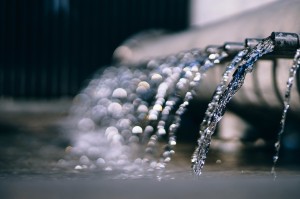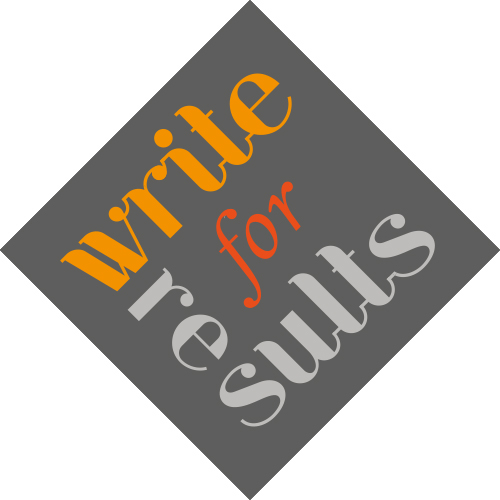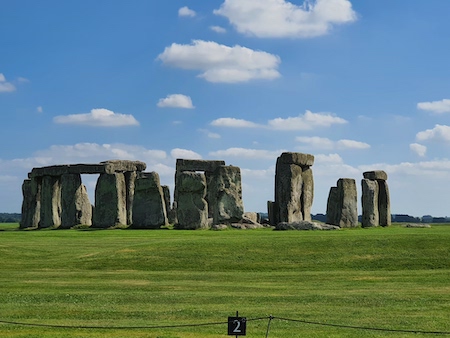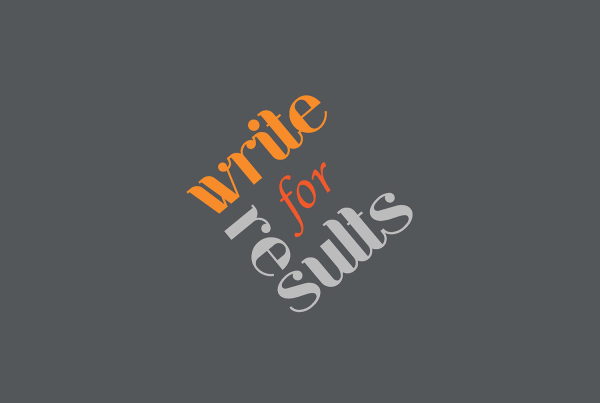
The other day a WaterAid leaflet dropped onto my doormat. The centre-spread featured a story written by a Thames Water employee, Mumin, recounting his experience of helping a small community in Malawi access clean water. It was movingly simple.
But being interested in language — especially in ‘register’, the scale of writing formality — I decided to bastardise it, as you can see.
From the extremity of ‘pompous ass’ to the WaterAid version, where are you on the writing spectrum? If you’re already writing like Mumin, hats off to you. But if you suspect you’re veering the other way, get in touch. I may be able to help.
| Pompous Ass version | WaterAid version |
| Upon disembarkation at Kasungu, I was thronged by weeping children and mothers whose aspect and demeanour suggested a melancholic state of mind. This made a deep impression on the neural circuitry in my pre-frontal cortex.
When a representative sample of extracted water was presented to me, I was overcome with incredulity — it appeared to contain an inordinate proportion of contaminants. The risk, however, associated with this soiled water sample lay also in its transportation itinerary and the source wells from which it had been extracted. A key consideration for the imbibers concerned was the lack of options available to them — I am loath even to verbalise my thoughts in this regard — in the event that they fail to ingest said sample, they run the elevated risk of a rapid demise. That notwithstanding, I was able to bear witness to the difference afforded to them by the provision of de-contaminated water. In the proximity of Kasungu in Malawi, a tapstand was constructed, with the requisite funding provided by WaterAid supporters and labour provided by local inhabitants. Children expressed happiness facially, denizens caroused and imbibed water that had attained the necessary levels of sanitation and hygiene. Children can now attend educational institutions and their progenitors monitor their emotional, psychological and physical development, reassured of the likelihood, nay probability, of desirable future options. It’s more than a combination of two hydrogen atoms and one oxygen atom. It’s the foundation of a biologically viable existence. My chest swells with emotion commensurate with high self-esteem and self-respect deriving from my membership of a team that is furnishing the world with water that meets appropriate standards of cleanliness. I entreat you to subscribe to our growing ranks. In grateful recognition of your attention to this pressing matter. |
From the moment I set foot in Kasungu, all around me there were children crying and mothers with sadness in their eyes. Something I’ll never forget.
When I first saw the water they had to drink, I couldn’t believe it — it wasn’t even dirty, it was filthy. But it’s not just about drinking dangerous dirty water, it’s the dangerous journey to get it and the dangerous wells it comes from. The worst thing is they don’t even have a choice — if they don’t drink the diseased water, I hate even saying it, they will die. I also saw the amazing difference that clean water brings. Near Kasungu in Malawi, a tapstand was funded by WaterAid supporters and built by local people. Children smiled, people sang and they drank safe, crystal-clear water. The children can go to school to get an education, and the parents can watch their children grow up, knowing they have a future. It’s far more than water to them. It’s life. I feel so proud to be part of the team who are bringing clean water to the world. I hope you’re inspired to join me. Thank you. Mumin. |



